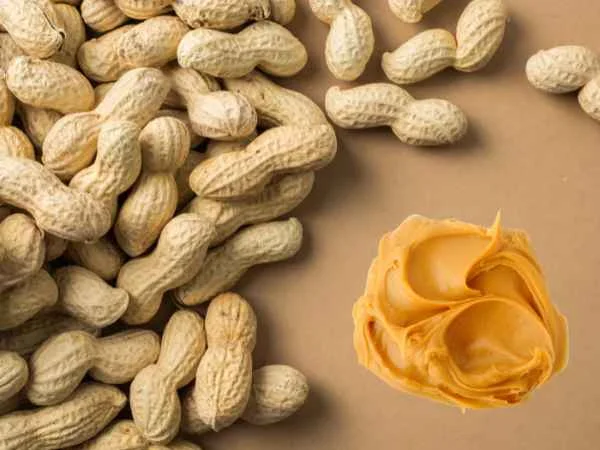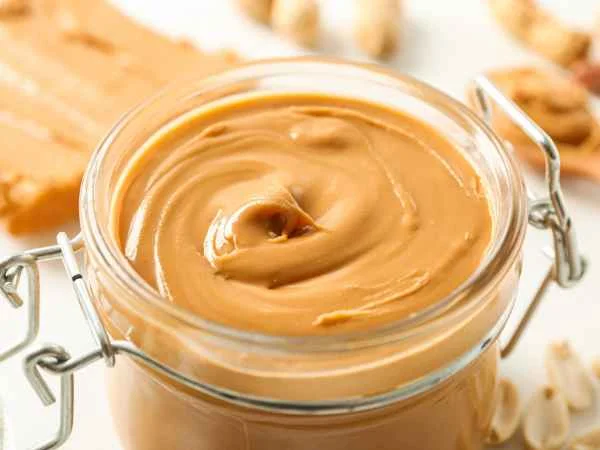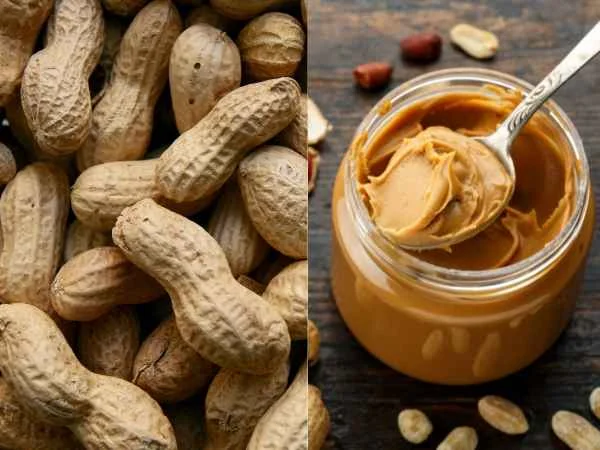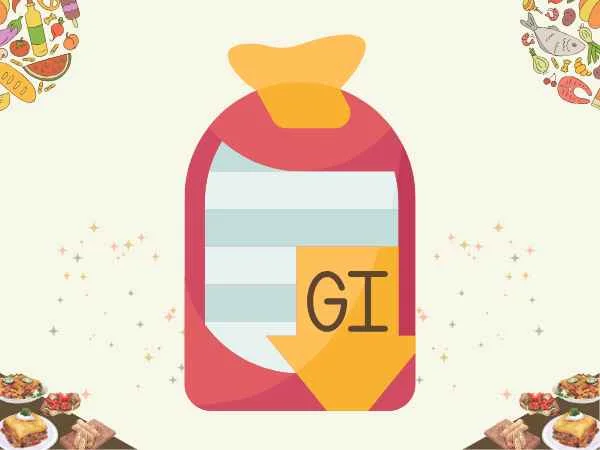Introduction
Everybody loves peanuts and peanut butter(PB) from all around the world. Whether it’s peanuts roasted, salted, or cream, it is simply one of the favorite snacks for many individuals. More than 49 million metric tons[1] of peanuts are produced worldwide every year, making it one of the best nuts known to man. It is then added as a necessary condiment in 90 percent of homes in the United States, while it gained the same fame in Europe. India is the place in the world where people simply adore peanuts and peanut butter.
People love to munch on oasted peanuts and peanut chikki during festive seasons sold by street vendors or sometimes. The action of munching peanuts has passed from one generation to another. As a country that produces six million metric tons of peanuts every year, peanuts should be among the cheapest as well as the most popular snacks. However, in the last few years, the trend at Indian homes has been such that it has mesmerized all health-conscious and fitness freaks.
What is the major difference between peanuts and peanut butter? Are both precisely the same when viewed nutritionally or is at least one of them much better than the other regarding health? These are only some of the many questions asked in choosing healthier snack options. Peanuts are the classic snacks. They give proteins and fatty acids of healthy origin and are mostly used as ingredients in dishes like poha, chutneys, and stir-fries. So, they are part of Indian daily meals. On the other hand, PB is very new. It is smooth, easy to use, and can be on bread, in smoothies, and even made to snack bars and desserts such as PB laddoos.
What are peanuts?

Peanuts can be eaten in three major ways- raw, roasted, or salted. Raw peanuts are quite neutral and flavorful and can be cooked or roasted at the home kitchen. Roasted peanuts are great as snacks and have a rich and nutty taste. Salted peanuts ring a bell to many in snacking situations when they want added flavor. Consuming peanuts dry snacks fused in poha or sweet preparations such as peanut chikki. Peanuts can also be processed for extracting oils, which are most widely used in cooking, especially in most kitchens of Asia and India.
Peanuts are dense with caloric value, but they are really a nutritious food and benefit health. Average peanuts produce about 160 calories in a perfect 28-gram serving, making it highly possible to be a phenomenal energy-boosting snack when eaten appropriately. They’re rich in protein because of the 7 to 8 grams available in a particular serving and excellent fiber-rich, with 2 to 3 grams, and particular vitamins, vitamin E and B vitamins, as well as minerals, such as magnesium and potassium. Well, it motivates and encourages other people to munch peanuts as healthy food, healthy hearts, and wellness.
What is Peanut Butter?

Peanut butter is a spread that is prepared by grinding roasted peanuts into a fine or coarsely granulated paste. This success is achieved from the flavor of roasting and grinding the peanuts into creamy PB or crunchy PB. It basically includes two forms of this PB, creamy, and crunchy PBs respectively. Thus creamy PB smooth would refer to crunchy PB inaudible little tiny pieces of peanuts. There would be the all-natural peanut butter one with just raw peanuts and a little bit of salt. There would, however, be the special type- the regular processed PB that one knows it as, added differently varied sugar, salt, and oil supplements, including those that mainly serve to flavor and shelf life enhancers of peanut.
Eat peanut butter in the simplest, most elegant, and quickest way, just put it on two slices of bread to make a sandwich, blend it in a smoothie, cook with it or just eat it with jelly or honey or chopped fruit such as apples and it becomes breakfast. It is fast spreading worldwide, with North America and Europe becoming some significant destinations where the contribution of consumption is realized. They consider it a fast-use, healthy, and good-tasting food. Not only is there unhealthy peanut butter, but also most processed peanut butter is just loaded with sugars, salts, and oils that you can consider unhealthy with respect to the nutrients they have. Natural butter is usually considered to be better butter because it has fewer additives for healthier reasons.
Also Read: Peanuts for diabetes – Control Blood Sugar Levels
References
We value truthful content. 1 sources were referenced during research to write this content.



